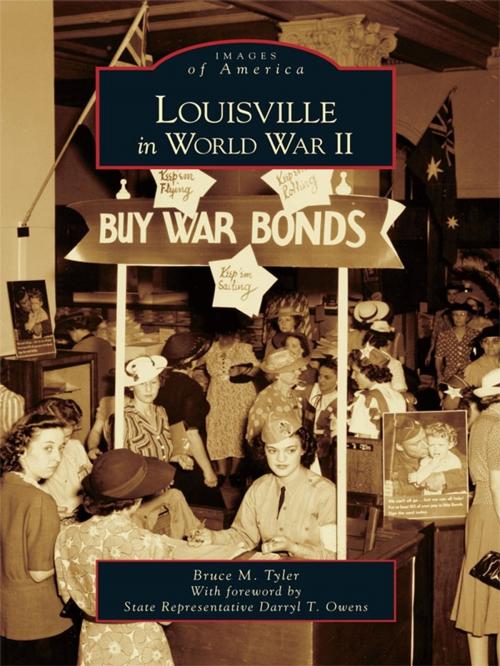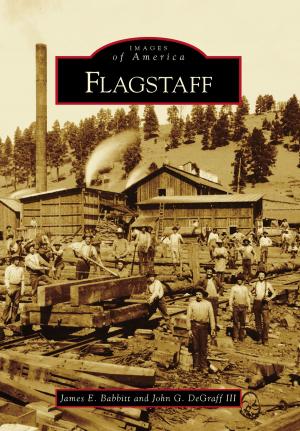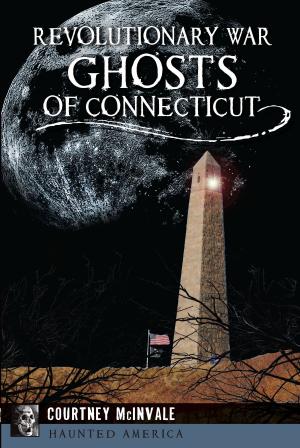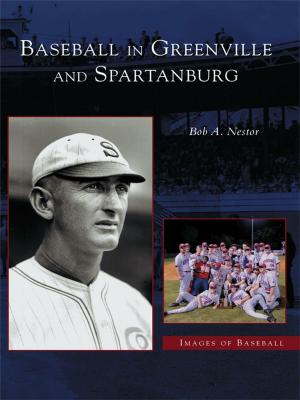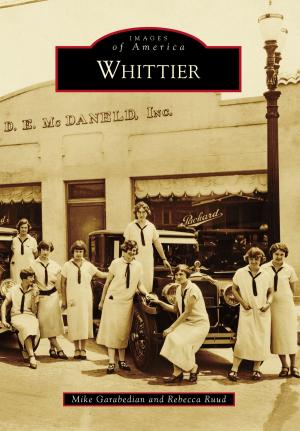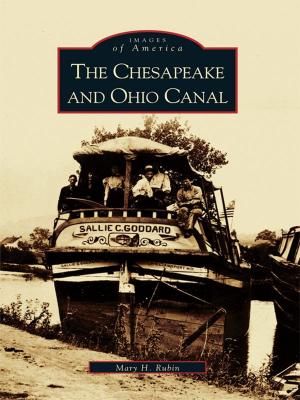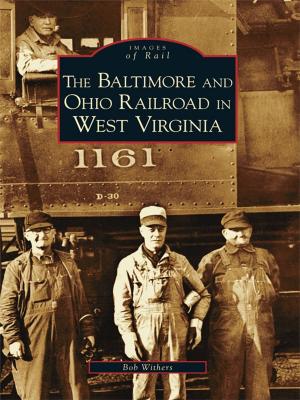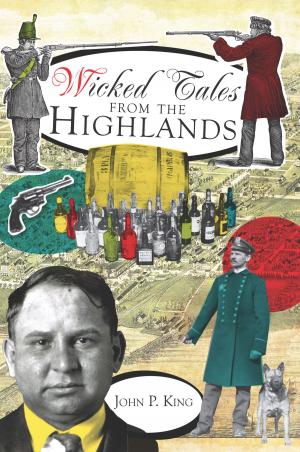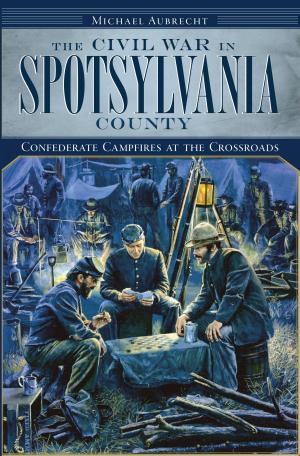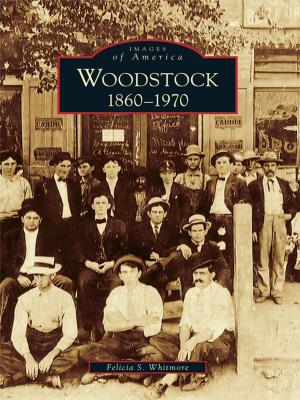| Author: | Bruce M. Tyler | ISBN: | 9781439633397 |
| Publisher: | Arcadia Publishing Inc. | Publication: | November 30, 2005 |
| Imprint: | Arcadia Publishing | Language: | English |
| Author: | Bruce M. Tyler |
| ISBN: | 9781439633397 |
| Publisher: | Arcadia Publishing Inc. |
| Publication: | November 30, 2005 |
| Imprint: | Arcadia Publishing |
| Language: | English |
With the bombing of Pearl Harbor in December 1941, Louisville mobilized to fight Nazi Germany and Imperial Japan. Citizens of all races and economic classes united in the effort, both abroad and at home. Louisville�s many industries banded together as well: the Mengel Company made wood products used in the war, and its staff burned a Nazi flag in an employee-held rally; Reynolds Aluminum Company manufactured arms and other war materials; Liberty National Bank sold war bonds at special windows; and the Louisville Ford Motor Company made at least 93,389 military jeeps out of the roughly 500,000 employed in the war. Perhaps Louisville�s most significant war contribution, though, was the use of Bowman Field as a United States Army Air Corps Detachment Squadron. The pilots trained there were vital to the war effort.
With the bombing of Pearl Harbor in December 1941, Louisville mobilized to fight Nazi Germany and Imperial Japan. Citizens of all races and economic classes united in the effort, both abroad and at home. Louisville�s many industries banded together as well: the Mengel Company made wood products used in the war, and its staff burned a Nazi flag in an employee-held rally; Reynolds Aluminum Company manufactured arms and other war materials; Liberty National Bank sold war bonds at special windows; and the Louisville Ford Motor Company made at least 93,389 military jeeps out of the roughly 500,000 employed in the war. Perhaps Louisville�s most significant war contribution, though, was the use of Bowman Field as a United States Army Air Corps Detachment Squadron. The pilots trained there were vital to the war effort.
